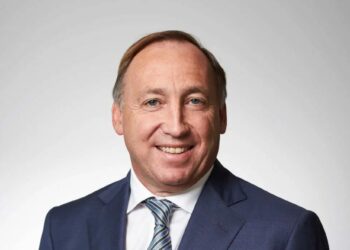The Australian Institute of Superannuation Trustees (AIST) welcomed the Australian Securities and Investment Commission’s (ASIC) move to crack down on misleading fee disclosure practices in the super industry.
AIST policy and research manager David Haynes is pleased ASIC is seeing the need to shield consumers from super funds that under-disclose their fees and costs for financial advantage.
Haynes said AIST was particularly worried about products that were marketed as 'low-fee’ or 'no-fee’, where in fact fees were just hidden.
“Funds not disclosing in the spirit of laws requiring full disclosure can be misleading consumers,” he said.
“In a compulsory super system, consumers must be able to easily compare funds based on meaningful and consistent information about fees and costs.”
In a report released this week, ASIC said many funds ignored costs associated with investing through external investment structures and only looked at the first layer of fees in underlying investment vehicles.
The financial services sector needs to be consistent in its disclosure of fees and costs, ASIC commissioner Greg Tanzer said.
ASIC is especially concerned about the disclosure of management costs.




